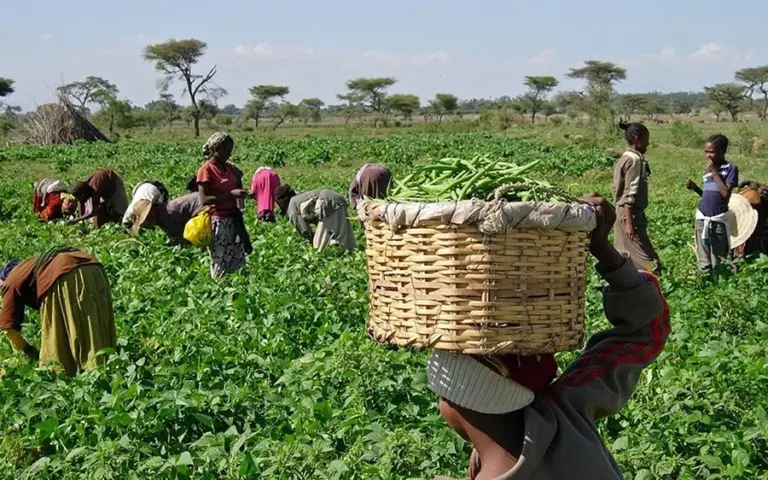The Benue State Government, in collaboration with the World Bank, has launched a major empowerment initiative under the Alia Cares Scheme, offering grants, support services, and infrastructure projects aimed at uplifting thousands of small businesses, farmers, and vulnerable individuals across the state.
Over 4,000 Small Businesses Already Funded
In a recent interview with the News Agency of Nigeria, Benue State Commissioner for Finance, Michael Oglegba, revealed that more than 4,000 small-scale entrepreneurs have received grants of ₦150,000 each to help grow and stabilize their ventures.
In addition, larger enterprises—including salons and other mid-sized businesses—are being supported with grants of up to ₦500,000 to scale up operations and increase their market presence.
“This support is reaching all corners of the state, and applications are still coming in,” Oglegba said.
Support for Farmers and Agribusiness
Beyond SMEs, the scheme extends its reach to agricultural development through the Fadama initiative, which provides:
-
Fertilizers for improved crop yield
-
Piglets for pig farmers
-
Day-old chicks for poultry farming
-
Cassava stems and machines for cassava production and processing
This agricultural support is designed to promote food security, self-sufficiency, and sustainable income generation in rural areas.
Funding Sources and Transparency
Oglegba emphasized that the funding comes from a joint effort between the Benue State Government and the World Bank, describing the program as a successful example of coordinated public-private development support.
Direct Cash Transfers for the Vulnerable
As part of its social welfare focus, the Alia Cares Scheme also delivers monthly cash payments of ₦10,000 to selected elderly and vulnerable individuals. Beneficiaries are chosen in batches from various communities to ensure wide coverage and equity.
Temporary Jobs for the Unemployed
For able-bodied individuals without formal employment, the scheme offers temporary work opportunities, where participants engage in local tasks and receive stipends in return. This initiative not only offers income but contributes to community development.
Community-Driven Projects: 54 Completed in 4 Months
The program also funds community-selected development projects. Between January and April 2025, 54 projects have been completed, including:
-
Borehole installations
-
Renovation or construction of schools
-
Improved health facilities
Communities are empowered to identify their most pressing needs, choose their own contractors, and receive full government backing to execute the projects.
“The goal is to meet the direct needs of our communities and support them in a way that is sustainable and inclusive,” Oglegba said.

